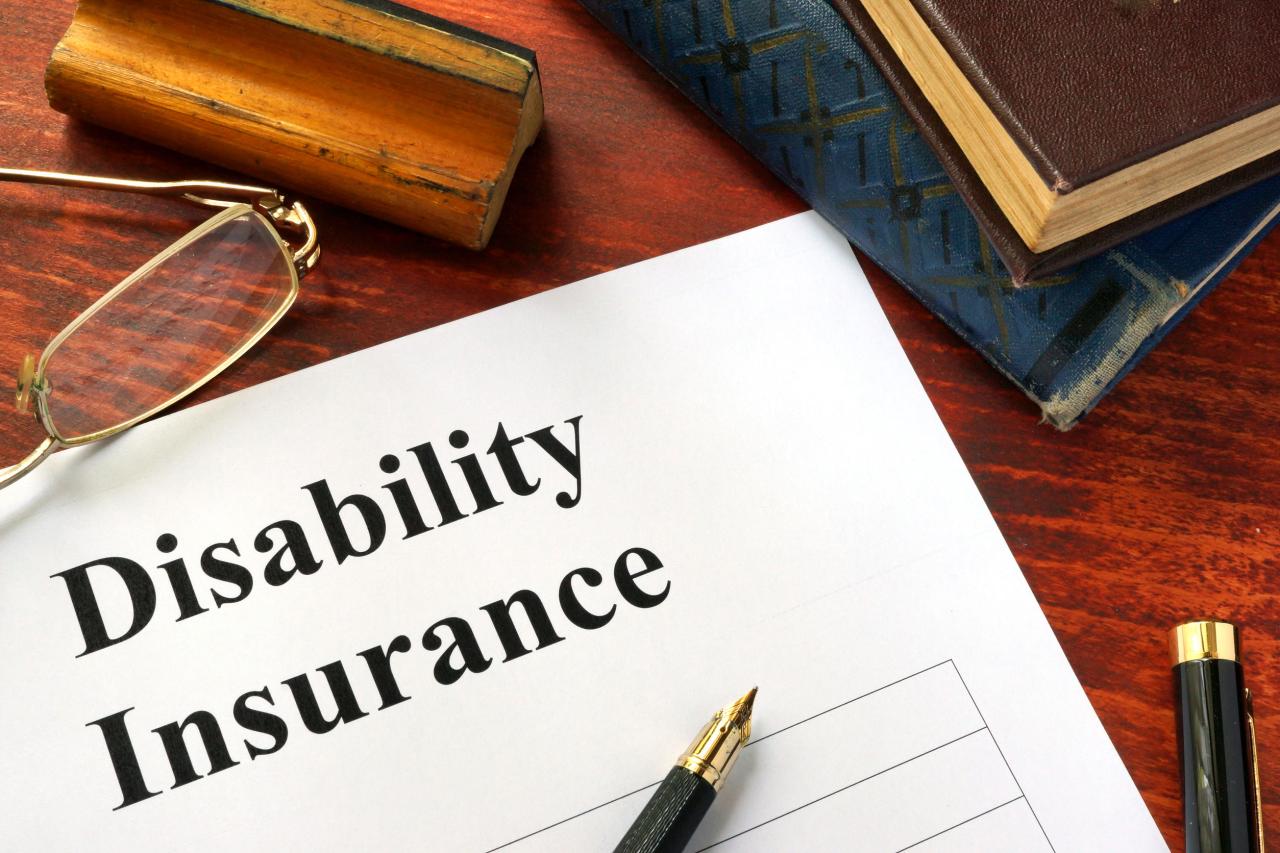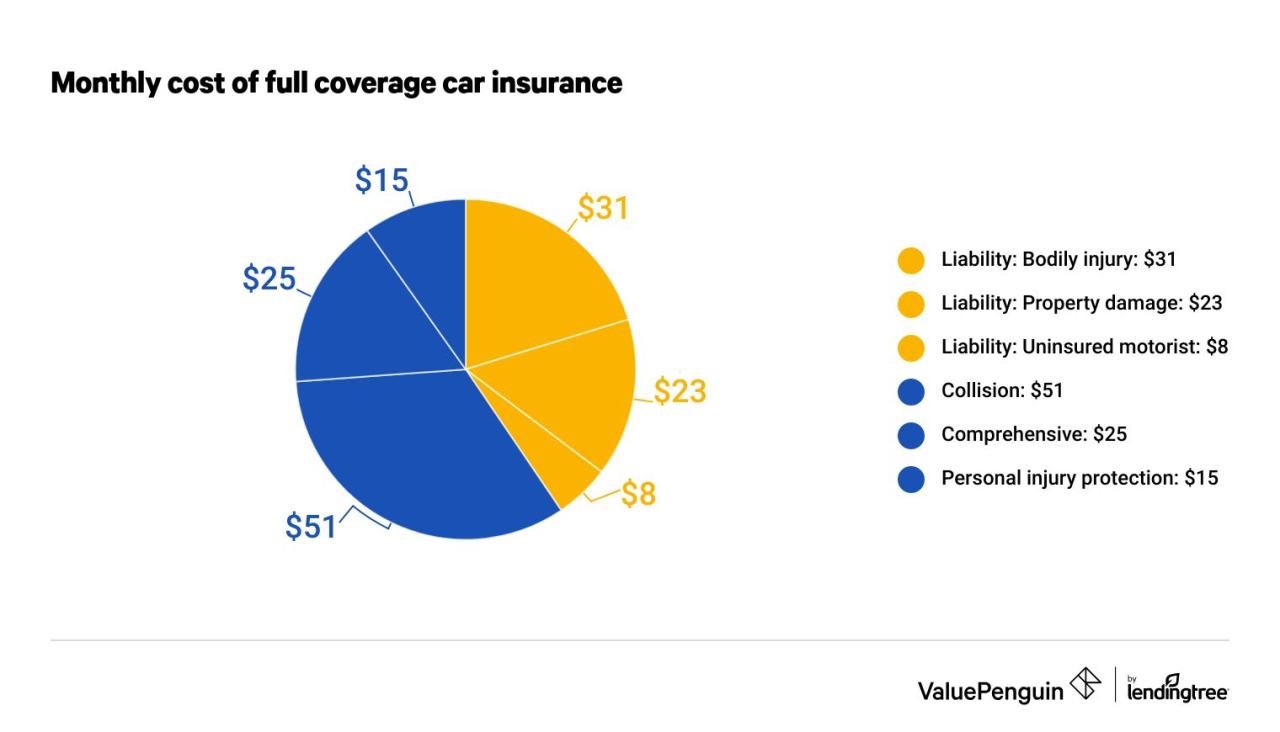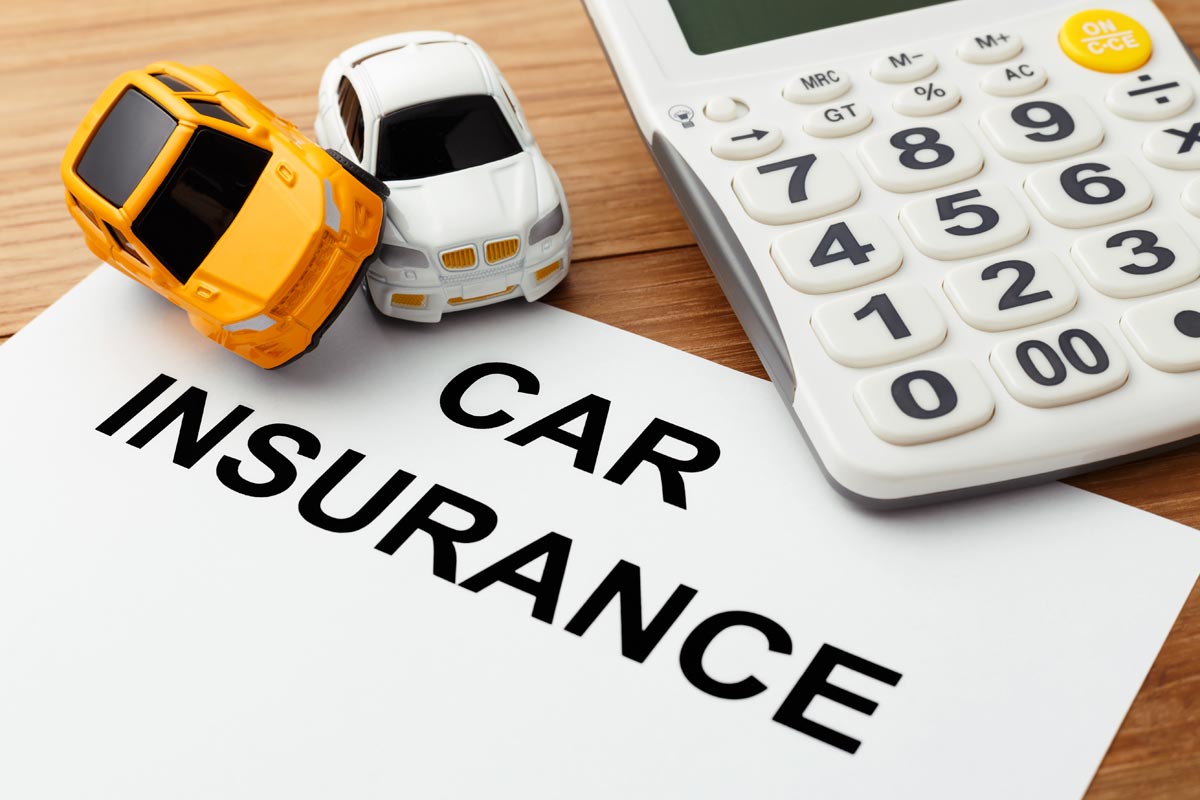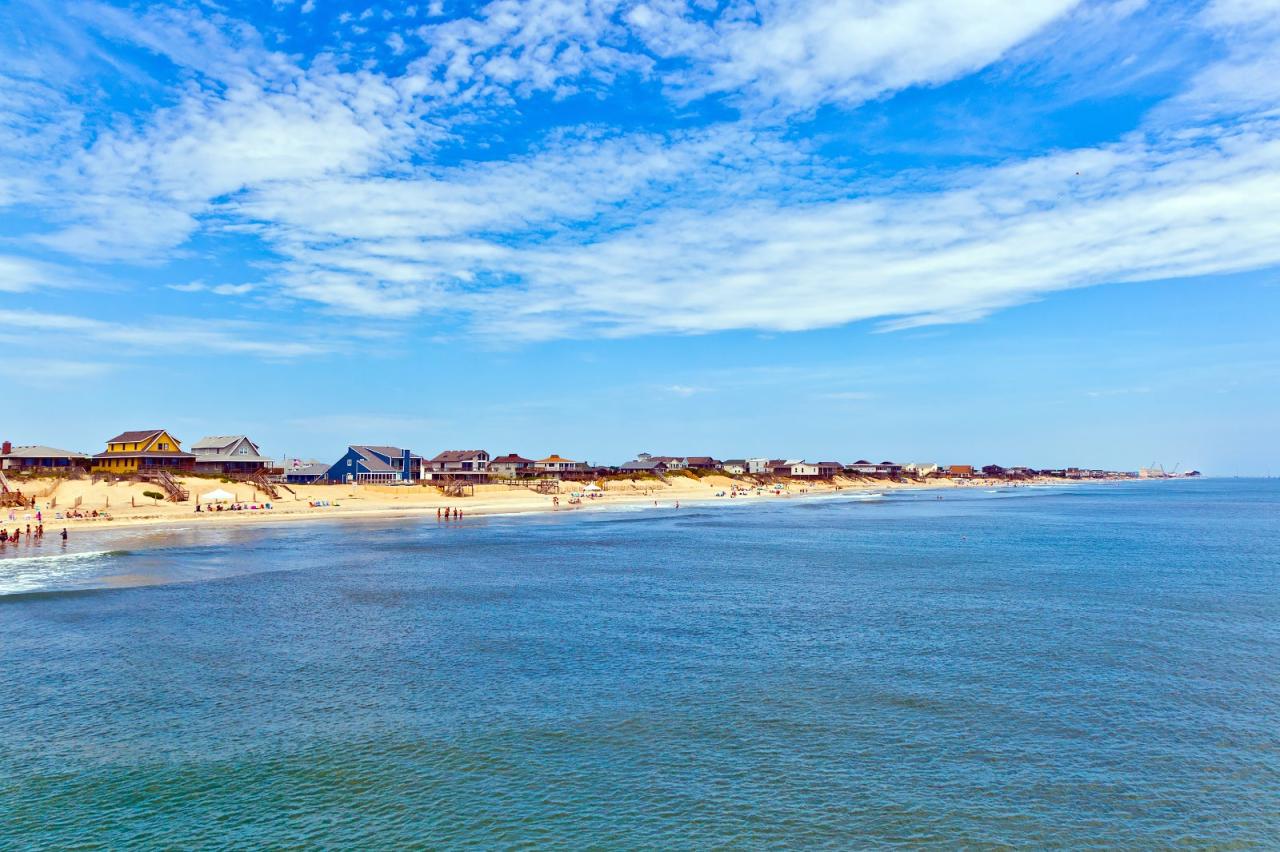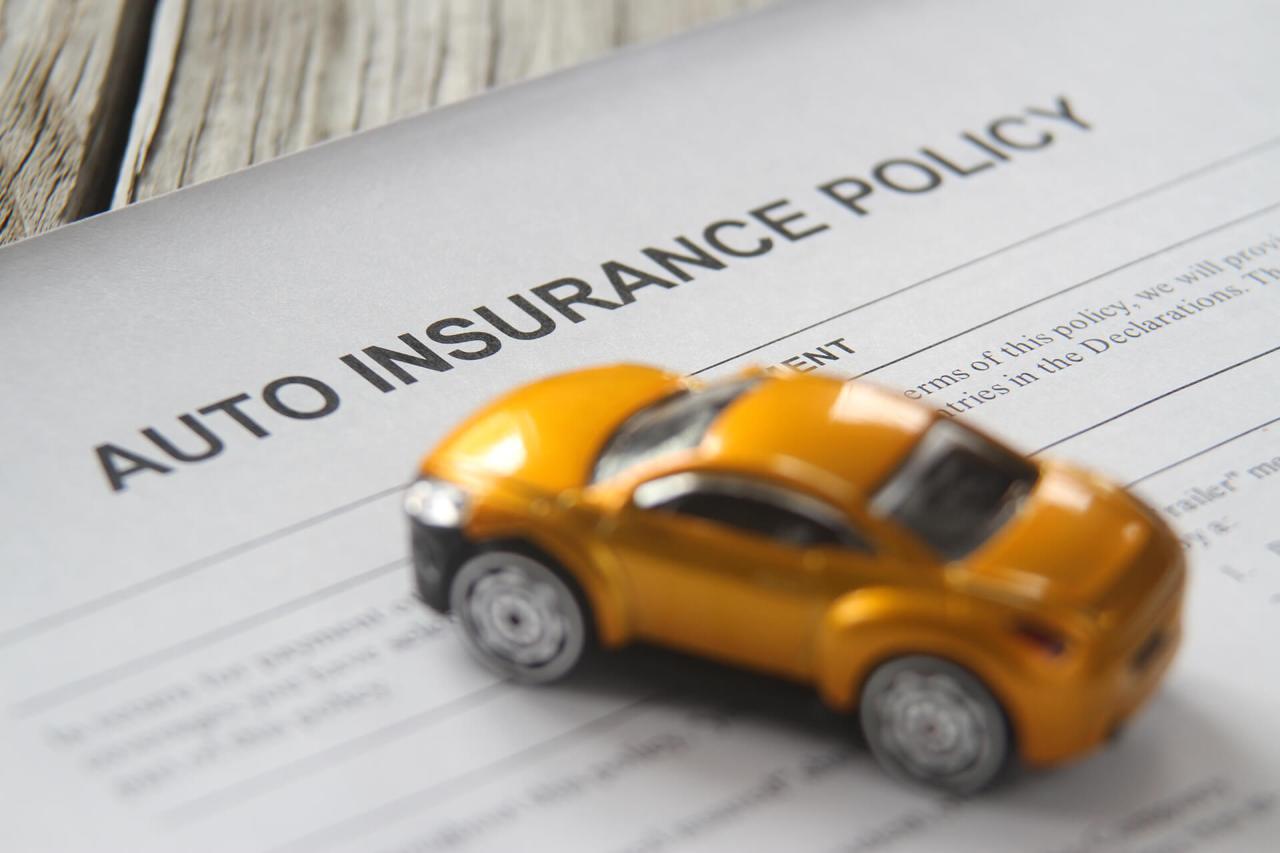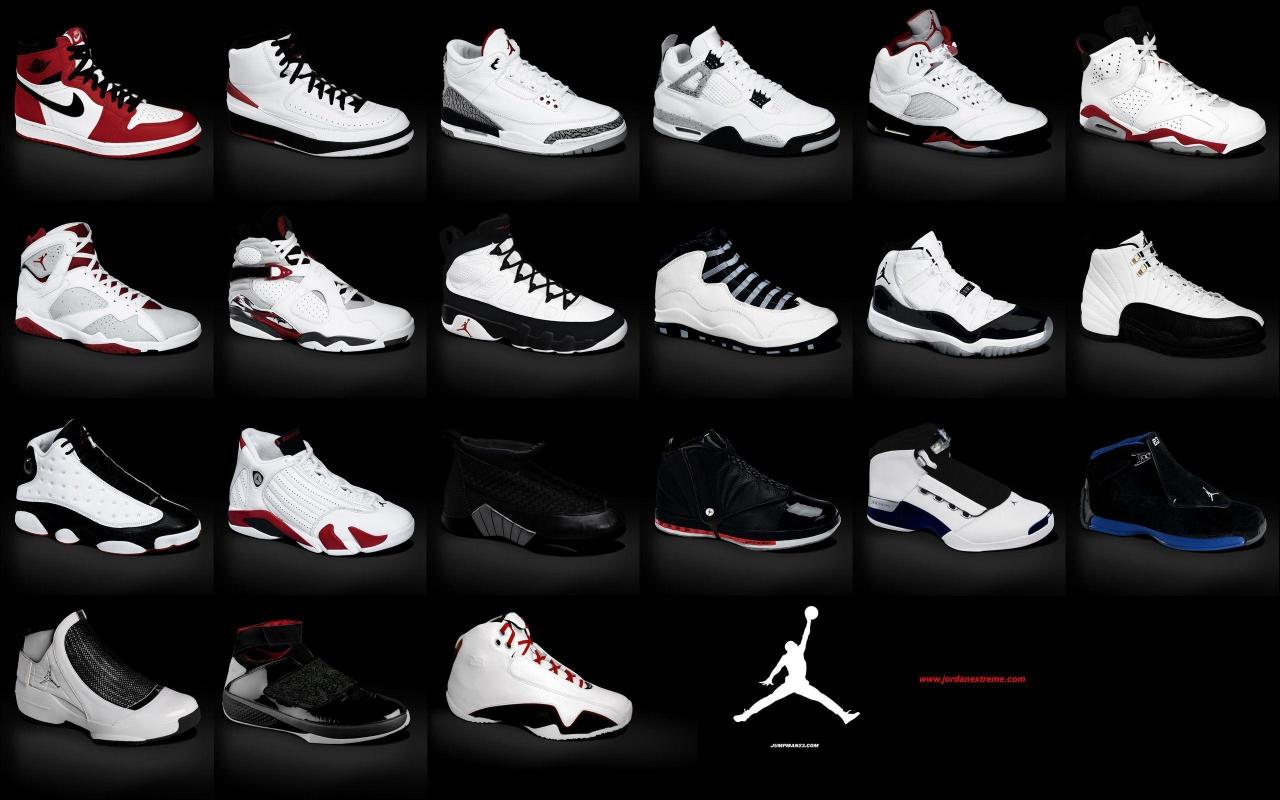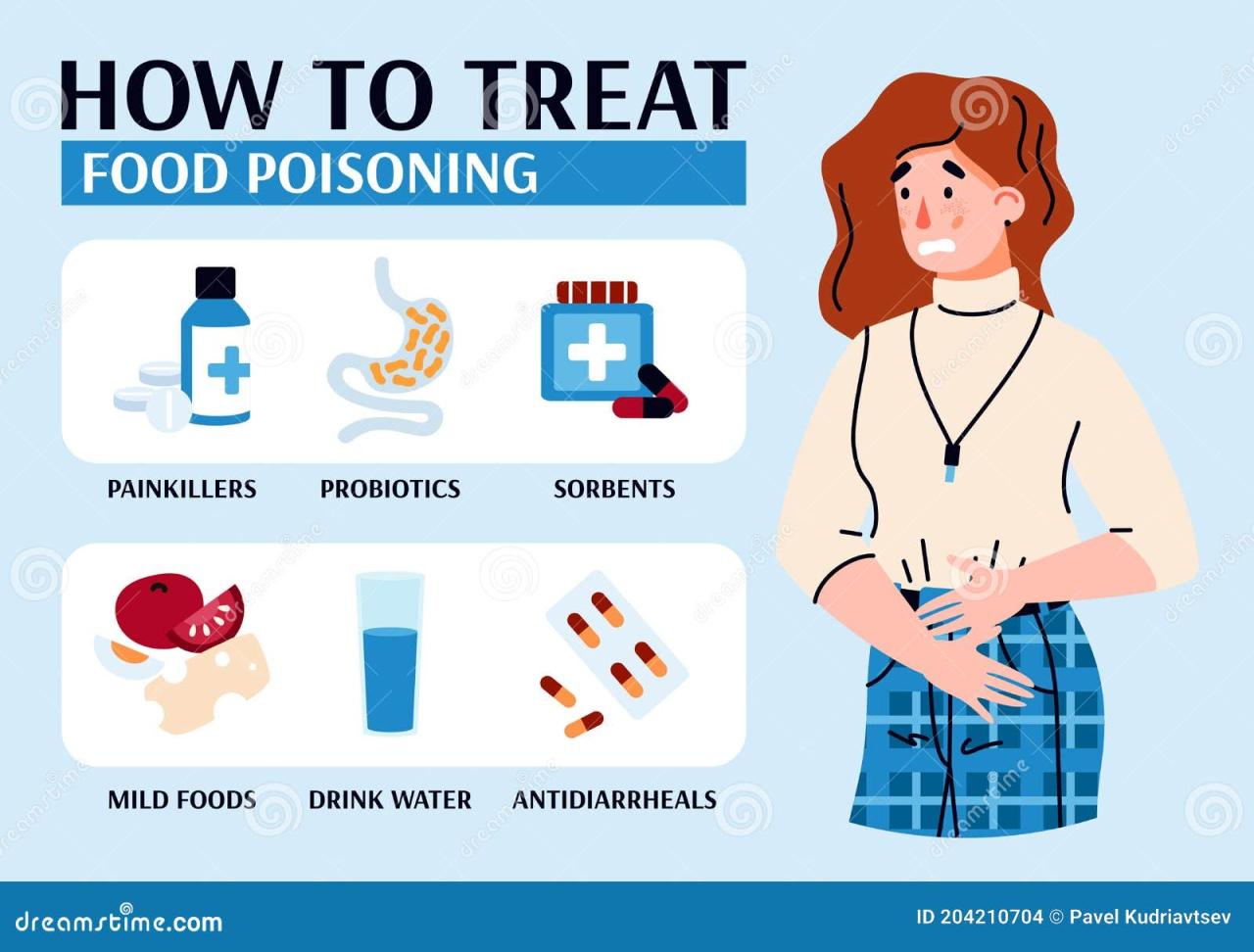RV insurance is your safety net when you hit the open road. It safeguards your investment, covers potential accidents, and provides peace of mind. Whether you’re a seasoned RVer or a first-time camper, understanding RV insurance is crucial for a worry-free adventure.
This comprehensive guide explores the world of RV insurance, covering everything from the basics to advanced topics. We’ll delve into the different types of coverage available, the factors that influence your premiums, and tips for finding the best policy for your needs.
You’ll also learn about common claims, safety precautions, and how to navigate the claims process smoothly.
What is RV Insurance?
RV insurance is a specialized type of insurance policy designed to protect your recreational vehicle (RV) from various risks, such as accidents, theft, and damage. It’s similar to car insurance, but with specific coverage tailored to the unique needs of RVs.
Purpose of RV Insurance
The primary purpose of RV insurance is to provide financial protection for you and your RV in case of an unexpected event. It helps to cover the costs of repairs, replacement, or medical expenses, ensuring you’re not burdened with significant financial losses.
Types of RV Insurance Coverage
RV insurance policies offer a range of coverage options, allowing you to customize your protection based on your individual needs and budget. Here are some common types of coverage:
- Liability Coverage:This covers damages you cause to other people or property in an accident.
- Collision Coverage:This covers damage to your RV if it’s involved in an accident, regardless of fault.
- Comprehensive Coverage:This covers damage to your RV from events like theft, vandalism, fire, or natural disasters.
- Uninsured/Underinsured Motorist Coverage:This protects you if you’re involved in an accident with a driver who doesn’t have adequate insurance.
- Medical Payments Coverage:This covers medical expenses for you and your passengers in case of an accident.
- Personal Property Coverage:This covers your belongings inside the RV, such as furniture, electronics, and clothing.
- Towing and Roadside Assistance:This provides coverage for towing and roadside assistance if your RV breaks down or is disabled.
Key Features of RV Insurance Policies
RV insurance policies typically include the following features:
- Deductible:This is the amount you pay out-of-pocket before your insurance coverage kicks in.
- Coverage Limits:This sets the maximum amount your insurance company will pay for covered losses.
- Exclusions:These are specific events or situations that are not covered by your policy.
- Premium:This is the amount you pay for your insurance coverage.
Why Do You Need RV Insurance?
While owning an RV can bring joy and adventure, it also comes with inherent risks. RV insurance is crucial to mitigate these risks and protect your investment.
Potential Risks of RV Ownership
Here are some potential risks associated with owning and operating an RV:
- Accidents:Accidents can happen on the road, causing damage to your RV and injuries to yourself or others.
- Theft:RVs are often targeted by thieves, especially when parked in public areas.
- Natural Disasters:Events like floods, hurricanes, and tornadoes can cause significant damage to your RV.
- Fire:Fires can occur in your RV due to electrical malfunctions, cooking accidents, or other causes.
Legal and Financial Implications
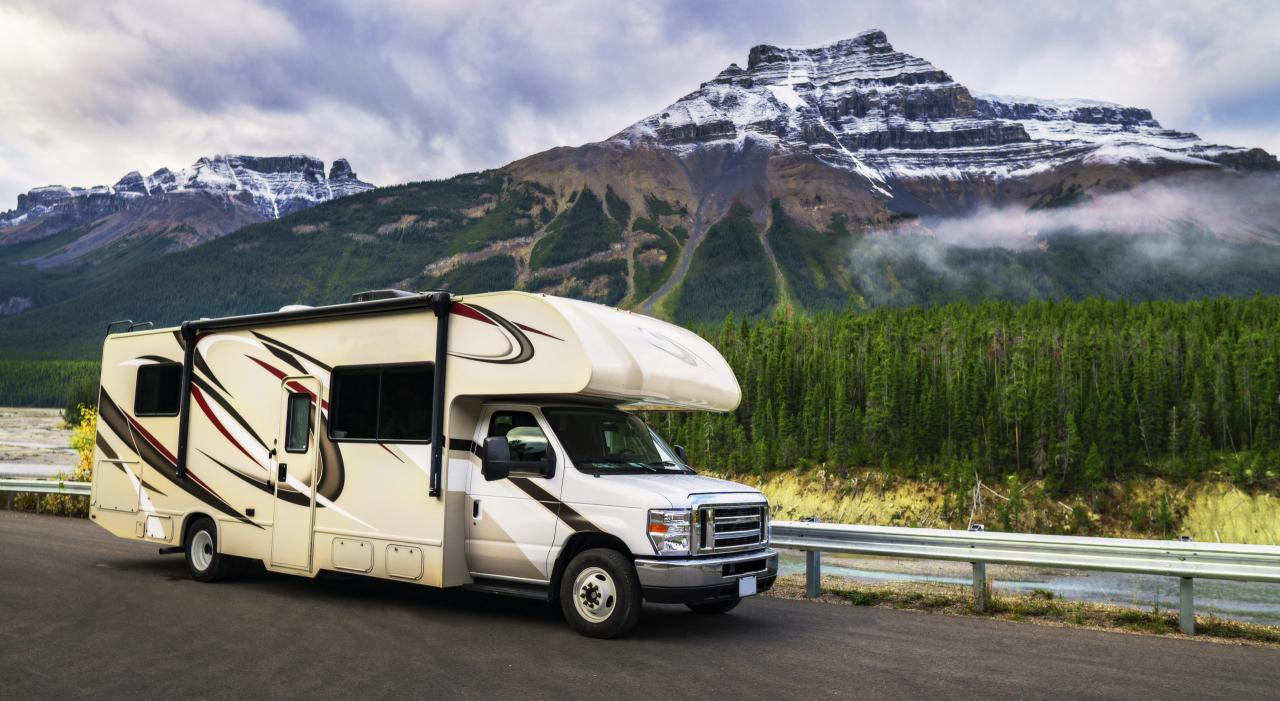
Driving an RV without insurance can have serious legal and financial consequences. You could face fines, penalties, and even jail time if you’re involved in an accident and don’t have insurance. Moreover, you’ll be responsible for covering all costs associated with the accident, which could be substantial.
Real-Life Examples
Here are some real-life examples of situations where RV insurance was essential:
- Accident:A couple traveling in their RV was involved in an accident with another vehicle. Their RV insurance covered the repairs to their RV and the medical expenses of the other driver.
- Theft:A family’s RV was stolen while they were on vacation. Their RV insurance covered the cost of replacing their RV.
- Natural Disaster:A severe storm caused significant damage to an RV parked at a campground. The RV insurance policy covered the repairs and the cost of temporary accommodation.
What Factors Influence RV Insurance Costs?
The cost of RV insurance varies depending on several factors. Understanding these factors can help you get a better idea of what to expect and make informed decisions about your coverage.
Key Factors Determining Premiums
Here are some key factors that influence RV insurance premiums:
- Type of RV:The size, age, and value of your RV play a significant role in determining your premium. Larger, newer, and more expensive RVs generally have higher premiums.
- Coverage Level:The amount of coverage you choose will directly impact your premium. Higher coverage limits and more comprehensive policies will generally cost more.
- Deductible:A higher deductible will typically result in a lower premium. This is because you’re agreeing to pay more out-of-pocket in case of a claim.
- Driving History:Your driving record, including any accidents or traffic violations, can affect your premium. A clean driving history usually results in lower premiums.
- Age and Location:Your age and the location where you live can also influence your premium. Younger drivers and those living in high-risk areas may face higher premiums.
- Credit Score:In some cases, your credit score may be considered when determining your premium. A good credit score can lead to lower premiums.
Comparing Insurance Costs for Different RV Types
Insurance costs can vary significantly between different types of RVs. For instance, Class A motorhomes, which are the largest and most luxurious RVs, typically have higher premiums than smaller travel trailers. This is because Class A motorhomes are more expensive to repair or replace and have a higher risk of accidents due to their size and weight.
Getting the best deal on car insurance can be tricky, but it doesn’t have to be a stressful process. Start by comparing quotes from different insurers. You can easily find a car insurance quote online in just a few minutes.
By comparing prices and coverage options, you can find the best value for your needs and budget.
Impact of Driving History, Age, and Location
Your driving history, age, and location can also influence your RV insurance costs. Drivers with a history of accidents or traffic violations may face higher premiums. Younger drivers, who are statistically more likely to be involved in accidents, may also pay more.
Additionally, your location can affect your premium, as some areas have higher rates of theft, vandalism, or natural disasters.
Looking for the best car insurance deal? You can get a free car insurance quote online in just a few minutes. It’s a quick and easy way to compare rates from different insurance companies and find the best coverage for your needs and budget.
How to Find the Best RV Insurance Policy
Finding the best RV insurance policy involves careful research and comparison. By following these steps, you can ensure you get the right coverage at a competitive price.
Step-by-Step Guide
- Determine Your Needs:Start by identifying your specific needs and coverage requirements. Consider the type of RV you own, your driving habits, and your budget.
- Get Quotes from Multiple Providers:Contact several reputable RV insurance companies and request quotes for coverage. Be sure to provide accurate information about your RV and driving history.
- Compare Quotes Carefully:Analyze the quotes you receive, paying attention to the coverage levels, deductibles, premiums, and any exclusions. Don’t just focus on the lowest price, as it may not offer the coverage you need.
- Read the Policy Terms and Conditions:Before making a decision, carefully review the policy terms and conditions. This will help you understand what’s covered and what’s not, as well as any limitations or exclusions.
- Choose the Right Policy:Select the policy that best meets your needs and budget. Ensure the coverage is adequate and the premium is reasonable.
Tips for Comparing Quotes
Here are some tips for comparing quotes from different insurance providers:
- Use an Online Comparison Tool:Many websites allow you to compare quotes from multiple insurance companies simultaneously, saving you time and effort.
- Ask About Discounts:Inquire about any discounts that may be available, such as safe driver discounts, multi-policy discounts, or discounts for RV clubs.
- Consider the Provider’s Reputation:Research the insurance company’s financial stability, customer service, and claims handling process.
Importance of Reading the Policy
It’s crucial to read the policy terms and conditions carefully before you sign up. This will help you understand the coverage you’re getting and avoid any surprises later on. Pay close attention to any exclusions, limitations, or specific requirements Artikeld in the policy.
Common RV Insurance Claims
RV insurance claims can arise from a variety of events, from accidents to theft and damage. Understanding common claims can help you better prepare for potential situations.
Frequent Claim Types
Here are some of the most frequent types of claims filed under RV insurance policies:
- Accidents:Collisions with other vehicles, objects, or stationary structures are a common cause of RV insurance claims. This can include damage to your RV, injuries to yourself or others, and property damage.
- Theft:RVs are often targeted by thieves, especially when parked in public areas. Theft claims can involve the entire RV or specific items inside, such as electronics or personal belongings.
- Damage:Damage to your RV can occur from a variety of causes, including fire, vandalism, hail, windstorms, or other natural disasters. These claims can cover repairs or replacement of damaged parts.
Common Accident, Theft, and Damage Scenarios
Here are some examples of common scenarios that can lead to RV insurance claims:
- Accident:While driving on a highway, your RV swerves to avoid a deer and collides with a guardrail. Your RV insurance covers the repairs to your RV and any medical expenses for yourself or passengers.
- Theft:You park your RV at a campground overnight and return to find it missing. Your RV insurance covers the cost of replacing your stolen RV.
- Damage:A hailstorm hits your RV while it’s parked at a campground. Your RV insurance covers the repairs to the hail damage.
Claims Process and Documentation
If you need to file an RV insurance claim, it’s important to follow these steps:
- Contact Your Insurance Company:Notify your insurance company as soon as possible about the incident. Provide them with all relevant details, including the date, time, and location of the event.
- File a Claim:Complete the necessary claim forms and provide any supporting documentation, such as police reports, photographs, or repair estimates.
- Cooperate with Your Insurer:Work closely with your insurance company throughout the claims process. Provide any requested information or documentation promptly.
- Negotiate a Settlement:If your claim involves a significant amount of money, you may need to negotiate a settlement with your insurance company. Be prepared to discuss the details of the claim and any potential disagreements.
RV Insurance Tips for Safe Travels
RV insurance is essential for financial protection, but it’s equally important to take steps to prevent accidents and minimize risks while traveling in your RV.
Preventing Accidents and Minimizing Risks
Here are some practical tips for safe RV travel:
- Get Adequate Training:If you’re new to RVing, consider taking a driving course or attending a safety seminar. This will help you learn the basics of handling a larger vehicle and navigating different driving conditions.
- Maintain Your RV:Regularly inspect your RV for any mechanical issues or safety concerns. Make sure all lights, brakes, tires, and other components are in good working order.
- Plan Your Route:Carefully plan your route, taking into account the size and weight of your RV. Avoid driving on roads with narrow lanes or sharp curves.
- Drive Safely:Always obey traffic laws and drive defensively. Be aware of your surroundings and be prepared for unexpected situations.
- Park Safely:Choose well-lit and secure parking areas for your RV. Avoid parking in isolated or high-crime areas.
- Use Safety Equipment:Install smoke detectors, carbon monoxide detectors, and fire extinguishers in your RV. Keep a first-aid kit on hand.
RV Maintenance and Safety Checks
Here are some essential RV maintenance and safety checks:
- Tire Pressure:Regularly check and adjust tire pressure to the recommended levels.
- Fluid Levels:Monitor engine oil, coolant, and brake fluid levels and top them off as needed.
- Brakes:Have your brakes inspected and serviced regularly to ensure they are in good working condition.
- Lights:Check all lights, including headlights, taillights, and brake lights, to ensure they are functioning properly.
- Propane:Inspect your propane system for leaks and ensure it’s properly maintained.
Responsible Driving Practices
Here are some responsible driving practices for RV travelers:
- Adjust Your Speed:Drive at a safe speed, especially when towing a trailer or in windy conditions.
- Maintain a Safe Distance:Leave ample space between your RV and other vehicles, especially in heavy traffic or inclement weather.
- Avoid Distractions:Minimize distractions while driving, such as using your phone or eating.
- Be Aware of Blind Spots:Be aware of your RV’s blind spots and take extra precautions when changing lanes or backing up.
- Get Rest:Avoid driving when tired. Take breaks and get enough rest to stay alert and focused.
Final Thoughts
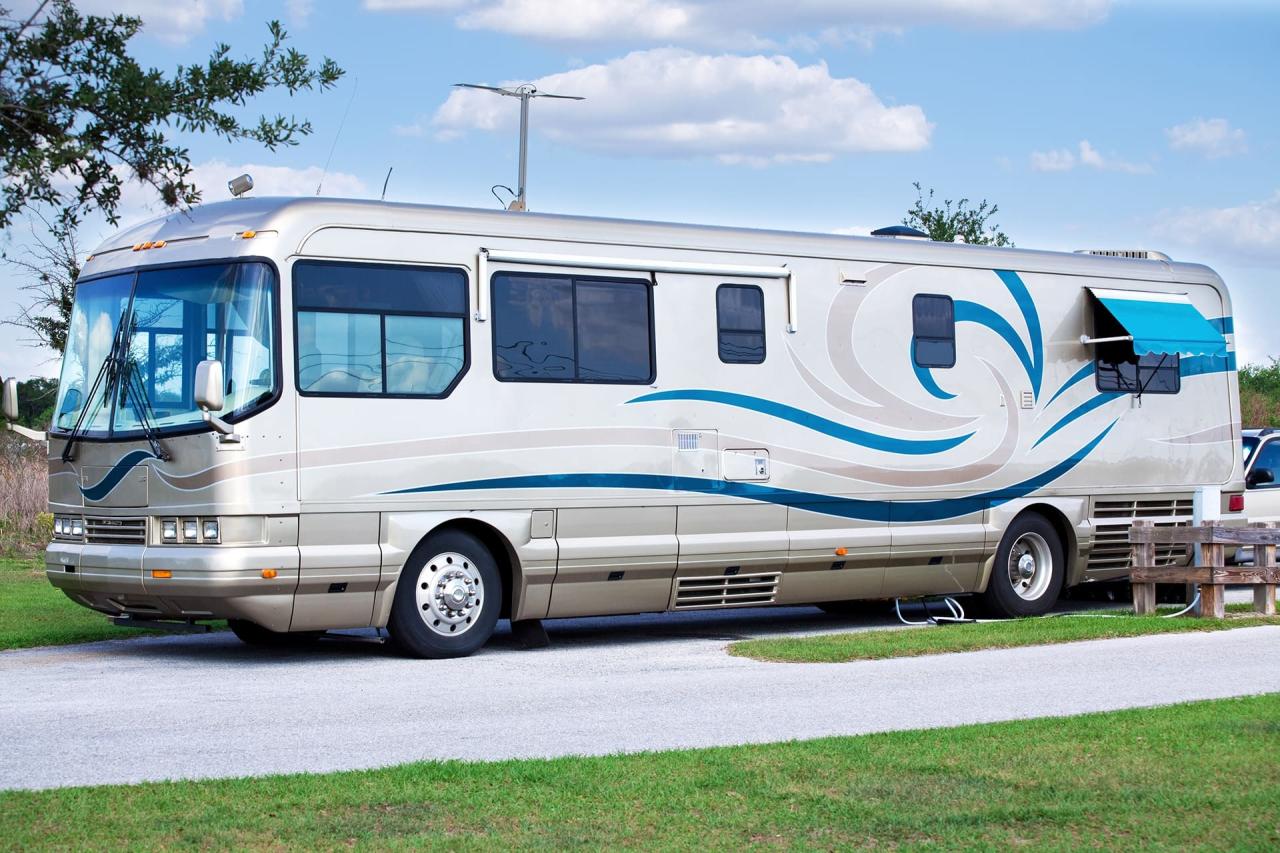
Navigating the world of RV insurance doesn’t have to be overwhelming. By understanding the key factors, comparing quotes, and choosing the right coverage, you can ensure your RV adventures are protected. Remember, having the right insurance can make all the difference in a stressful situation, allowing you to focus on what matters most: enjoying your journey.


